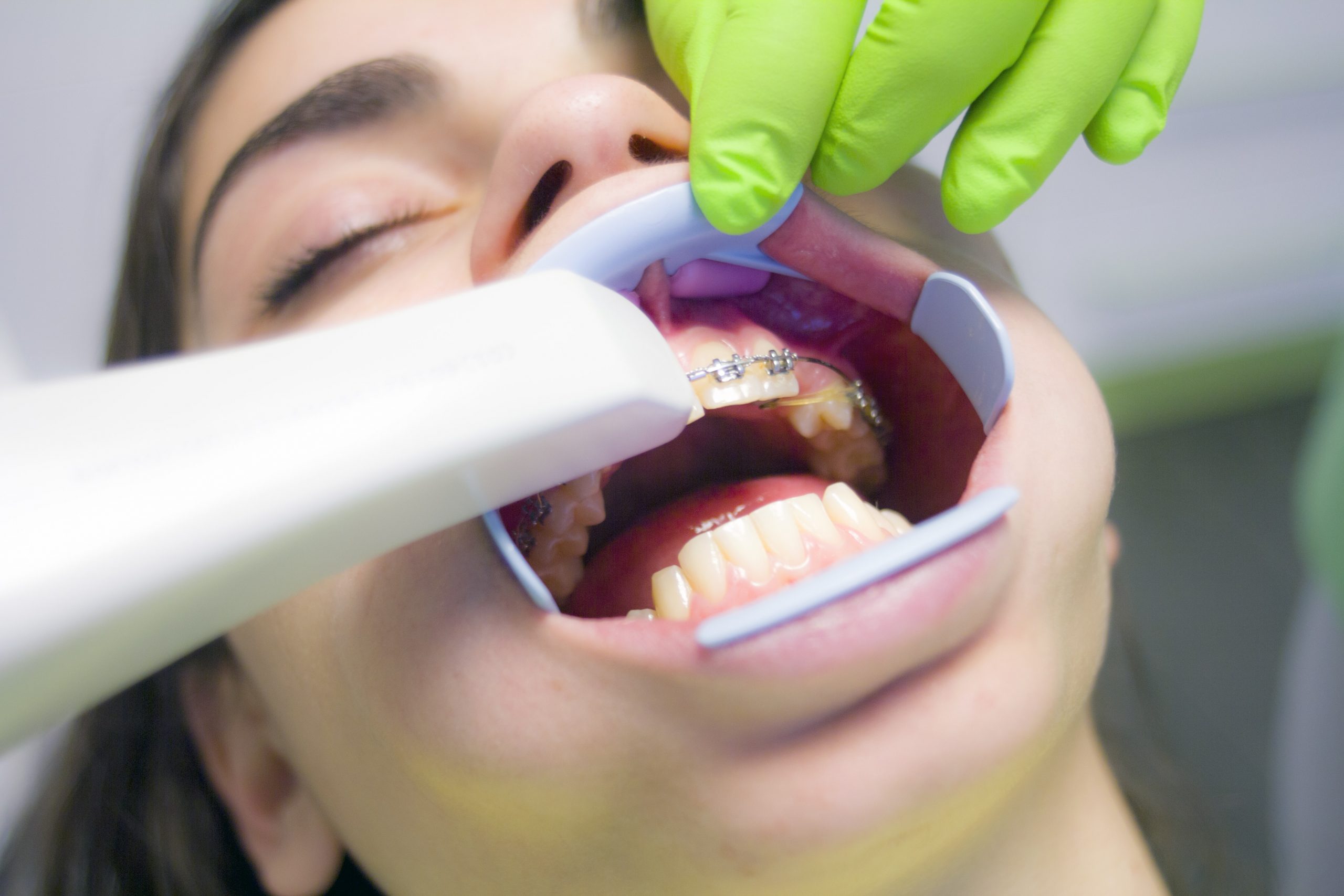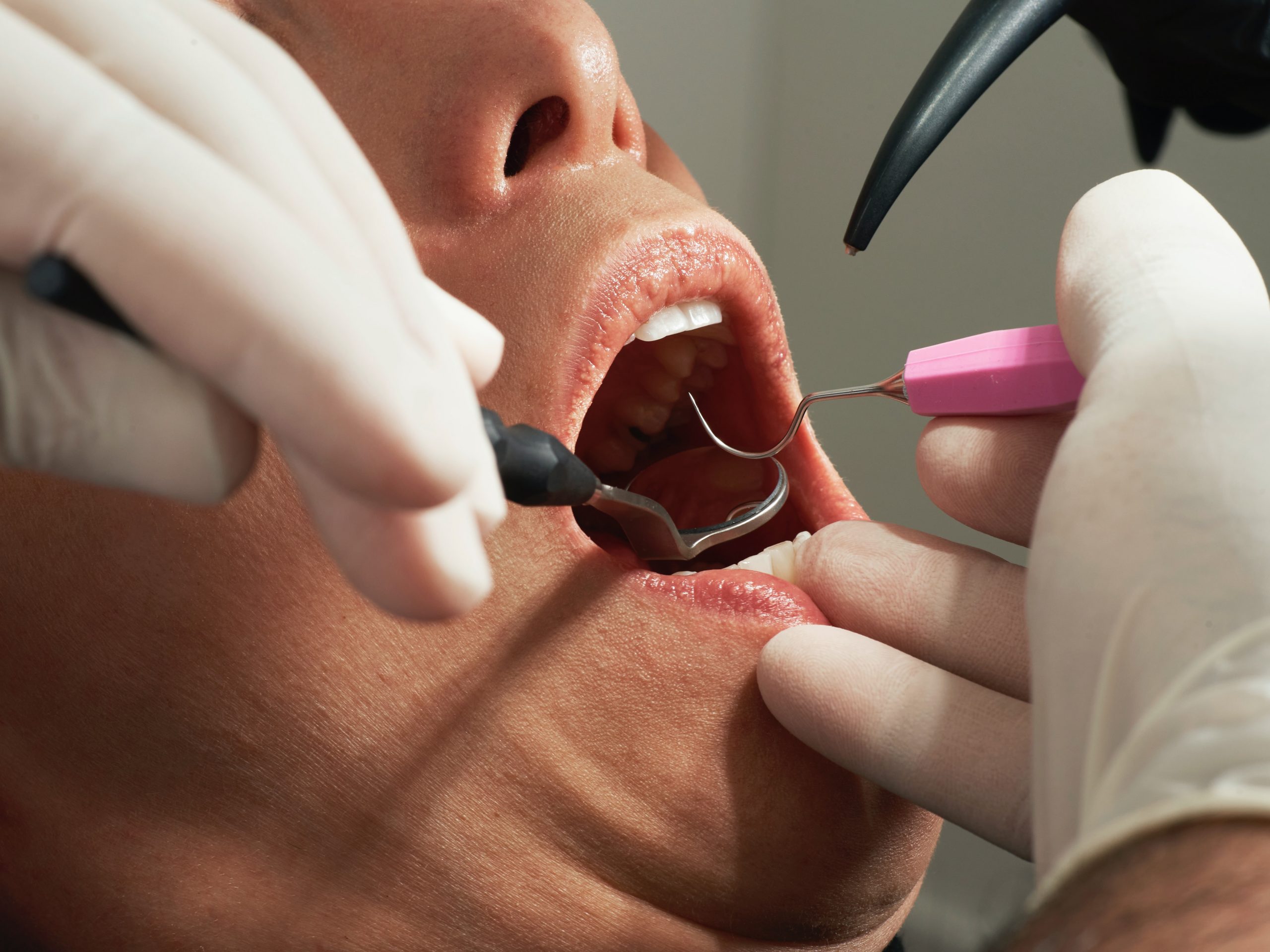
Vaping’s role in gum disease
Evidence continues to mount suggesting a link between vaping and gum disease. Recent studies have shown that individuals who use electronic cigarettes are more likely to experience gum inflammation, bleeding, and overall decreased oral health compared to those who do not use these devices.
One of the primary reasons for this increased risk is the presence of harmful chemicals in the e-cigarette liquid, including nicotine, heavy metals, and ultrafine particles. These substances can irritate and damage the delicate gum tissue, leading to inflammation and infection. In addition, the act of inhaling vapor can also physically disrupt the gums, causing further harm.
Another factor that may contribute to the development of gum disease in individuals who vape is the decreased production of saliva. Saliva plays a crucial role in maintaining oral health, as it helps to neutralize harmful bacteria and wash away food particles that can lead to plaque build-up. E-cigarette use has been shown to reduce saliva flow, which can increase the risk of gum disease and other oral health problems.
While the evidence linking vaping and gum disease continues to grow, it is still not yet clear the extent to which these devices contribute to oral health problems. Further research is needed to fully understand the effects of e-cigarettes on gum tissue and the development of gum disease.
In conclusion, individuals who use e-cigarettes are at increased risk for developing gum disease, as well as other oral health problems. Given the potential harm associated with vaping, it is important for individuals to consider alternative forms of nicotine delivery, such as nicotine gum or patches, which do not pose the same risks to oral health.










